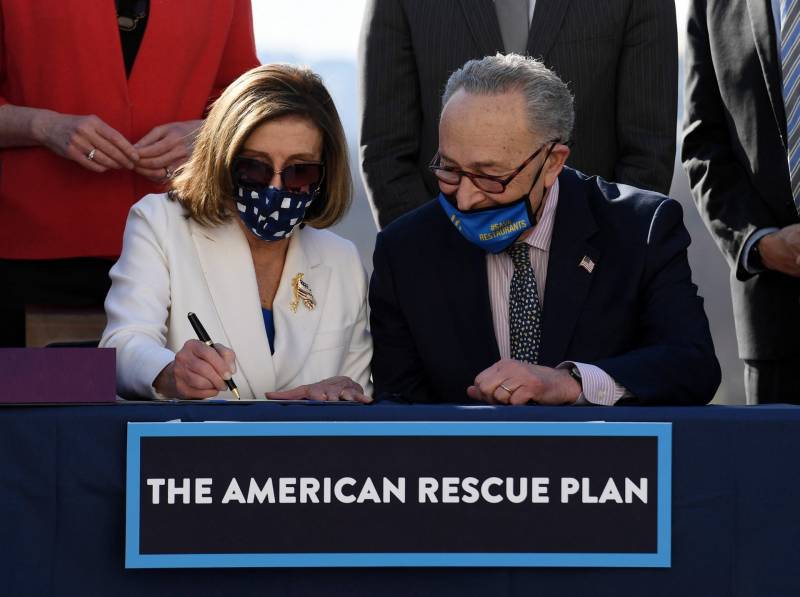House lawmakers on Wednesday gave final approval to President Biden’s $1.9 trillion coronavirus relief package, sending the legislation to Biden’s desk for his signature. The White House says Biden plans to sign it on Friday.
That’s welcome news to some Bay Area city leaders, who have advocated for more relief from the federal government.
San Francisco Mayor London Breed lauded the package, called the American Rescue Plan, for providing funding for vaccinations, direct support for families and people in need, and helping cities “maintain critical services and avoid layoffs.”
“This is what happens when we have a federal government that wants to invest in the success of states and cities,” Breed said on Twitter Wednesday. “The future of San Francisco and the country is brighter today as a result.”
San Jose Mayor Sam Liccardo and Oakland Mayor Libby Schaaf were also among Bay Area leaders pushing for more funding in the federal relief package.
“American cities like San Jose have been on the front lines of the #COVID19 pandemic & paid a steep price,” Liccardo tweeted in February, joining more than 400 mayors across the United States calling on Congress to pass the relief plan.
The bill will direct a new round of aid to Americans — in the form of direct payments, extended unemployment benefits, an expanded child tax credit and more — almost a year after the pandemic first upended daily life in the United States.


